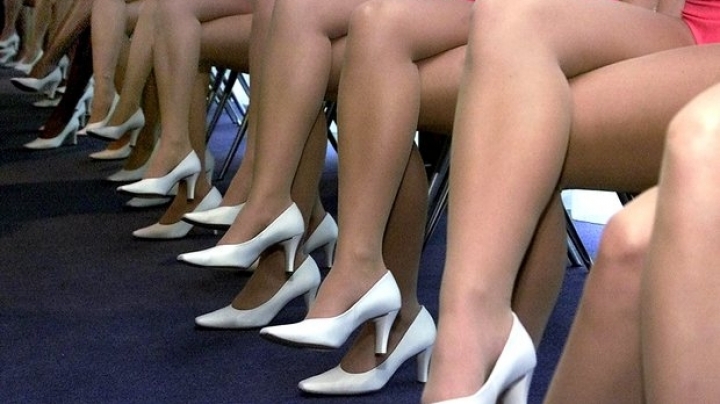Robots didn't like dark skin at beauty contest judged by AI

The first international beauty contest judged by “machines” was supposed to use objective factors such as facial symmetry and wrinkles to identify the most attractive contestants. After Beauty.AI launched this year, roughly 6,000 people from more than 100 countries submitted photos in the hopes that artificial intelligence, supported by complex algorithms, would determine that their faces most closely resembled “human beauty”, The Guardian reports.
But when the results came in, the creators were dismayed to see that there was a glaring factor linking the winners: the robots did not like people with dark skin.
Out of 44 winners, nearly all were white, a handful were Asian, and only one had dark skin. That’s despite the fact that, although the majority of contestants were white, many people of color submitted photos, including large groups from India and Africa.
The ensuing controversy has sparked renewed debates about the ways in which algorithms can perpetuate biases, yielding unintended and often offensive results.
When Microsoft released the “millennial” chatbot named Tay in March, it quickly began using racist language and promoting neo-Nazi views on Twitter. And after Facebook eliminated human editors who had curated “trending” news stories last month, the algorithm immediately promoted fake and vulgar stories on news feeds, including one article about a man masturbating with a chicken sandwich.
While the seemingly racist beauty pageant has prompted jokes and mockery, computer science experts and social justice advocates say that in other industries and arenas, the growing use of prejudiced AI systems is no laughing matter. In some cases, it can have devastating consequences for people of color.
Although the group did not build the algorithm to treat light skin as a sign of beauty, the input data effectively led the robot judges to reach that conclusion.